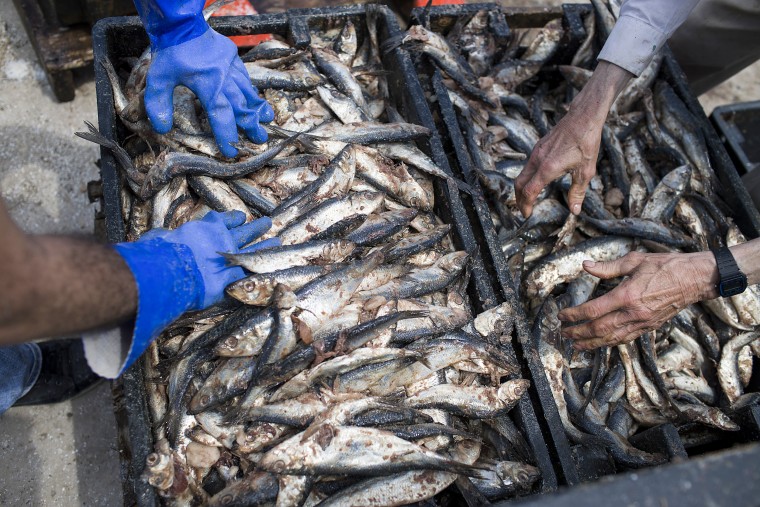WASHINGTON — The Supreme Court agreed Monday to consider overturning a nearly 40-year precedent by taking up a challenge to a regulation affecting fishing vessels in a case that is the latest conservative-led attack on federal bureaucracy.
The court will weigh whether to overturn a much-cited 1984 ruling, Chevron v. Natural Resources Defense Council, which said courts should defer to federal agencies in interpreting the law when the language of a statute is ambiguous.
Attempts to overturn the ruling, which the court has rarely invoked in recent years, is just one avenue of attack by conservative groups and business interests as part of what has been dubbed “the war on the administrative state.”
"The Supreme Court has an opportunity to correct one of the most consequential judicial errors in a generation," said Ryan Mulvey, a lawyer at the Cause of Action Institute, a conservative group that represents the challengers. The Chevron ruling "has proven corrosive to the American system of checks and balances and directly contributed to an unaccountable executive branch."
The Supreme Court, which has a 6-3 conservative majority, is skeptical of broad assertions of federal agency power.
The case itself is a challenge to a government regulation that requires fishing vessels to help fund the collection of scientific data to assist with fishery conservation and management. The court could still rule in favor of the challengers by limiting the scope of the Chevron decision without overturning it entirely.
The court took up an appeal brought by Loper Bright Enterprises and several other operators of fishing vessels that are active in the herring fishery off the Atlantic coast, which challenged the 2020 rule applying to New England fisheries.
The challengers say the National Marine Fisheries Service, the federal body that oversees ocean resources, did not have authority to issue the regulation under the relevant law, the 1976 Magnuson-Stevens Fishery Conservation and Management Act.
The rule implements a monitoring program that vessel operators are required to fund. As the challengers put it, operators have to pay up to $710 a day at certain times for independent observers to board their vessels and monitor their operations. The cost is a significant burden on small owner-operators, the challengers say.
The case, backed by conservative groups, is the latest attempt to undermine the power of federal agencies. Lawyers for the fishing vessel operators say a lower court that upheld the rule gave too much deference to the federal agency in interpreting the 1976 law.
The U.S. Circuit Court of Appeals for the District of Columbia rejected the vessel operators' claims in a decision in August, upholding a similar ruling a federal district judge issued the previous year.
The brief Supreme Court order noted that liberal Justice Ketanji Brown Jackson is not participating in the case. She was originally part of the appeals court panel that decided the case before President Joe Biden appointed her to the high court. She heard oral arguments but was not involved in the ruling itself.

